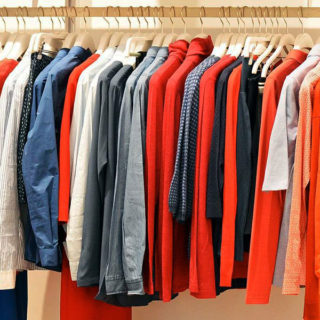Citizen is a column that explains how the government’s policies fucks citizens and how we can unfuck ourselves.
In a new move that confirms that we are really never making it out of the hood, the Federal Government has increased the price of fuel. Announced yesterday, the price, now at ₦212 from the former price of ₦170, will last the entire month of March.
To better understand this (honestly tiring) situation, we spoke with a business consultant Oselumense Ejale, a business analyst Tofunmi Williams* ( whose name has been changed at their request), and a banker Chidera Promise who provided fact-based insight into what this would mean for everyday Nigerians like us. Read their insights below.
- Cost of living
Many of our analysts believe that this hike will increase the cost of many Nigerians in ways that will affect their access to power, food, clothing, and other amenities that were already hard to come by before now.
- Cost of production will increase making their goods more expensive
Business consultant Oselumense Ejale tells us that this hike will make production increasingly difficult thus making the goods and services they sell to us more expensive. “This is for those that have the luxury of increasing their prices (they don’t face stiff competition etc.) but for those businesses whose costs can’t easily be transferred e.g. FMCGs, they will bear the brunt of these hikes in huge ways.”
- Employers WIll Have To Do More To Make Up For The Increased Cost Of Living
Essentially, employers might need to increase their workers’ salaries even if they are not able to. “The increase would drive the cost of transportation and other basic things higher making it harder for their employees to survive. For example, if you are paid 50k before now, this hike would lead to an increase in everything, then the purchasing power of your salary would reduce. This means what you could buy with 50k would now need 70k to purchase,” Mr. Chsiom, says.
- And For Employees, This Could Result To Loss Of Jobs
To save cost and stay afloat especially in this pakurumo we are still in, companies might have to retrench their workers. Not only will this add to Nigeria’s rising unemployment rate
- Although The Subsidy Is Installed To Help Government Generate Funds, It Will Probably Not Be Beneficial To Us, The People.
“Long term, while there is the case for government frees up its revenue from the absence of fuel subsidy,” Tofunmi says. “Government policies are rarely pro-poor, targeted to the poor. So, the freed-up funds would most likely not get to the people that would be most affected, i.e. the average person. The cost however would be mostly borne by the low and middle-income class. Long-term, if the government policies remain the way they are, this policy action would make them poorer.”
So there you have it. We are not really saying you should Japa, but if you already have plans to, good for you. And if you don’t, when are we setting up our support group for people surviving Nigeria?
QUIZ: Which Currency Should You Be Paid In?

Take this quiz to find out.




